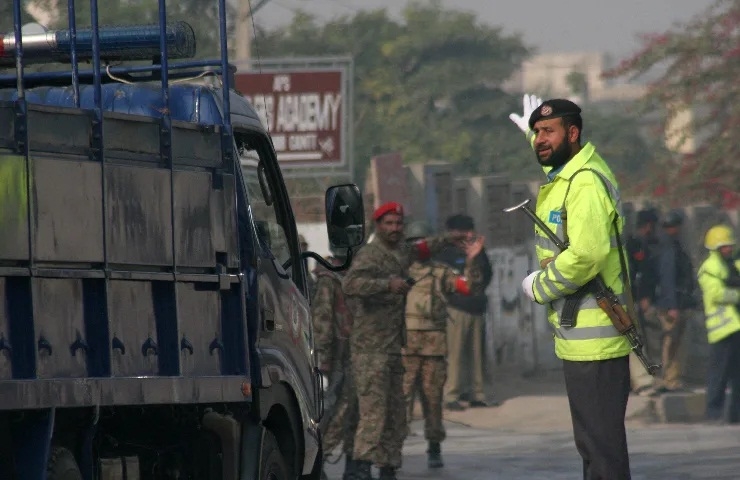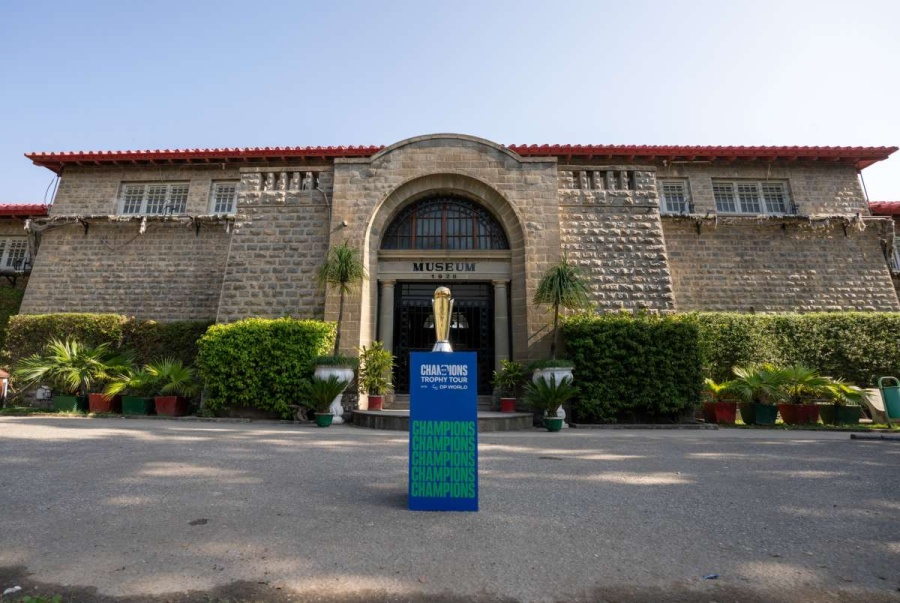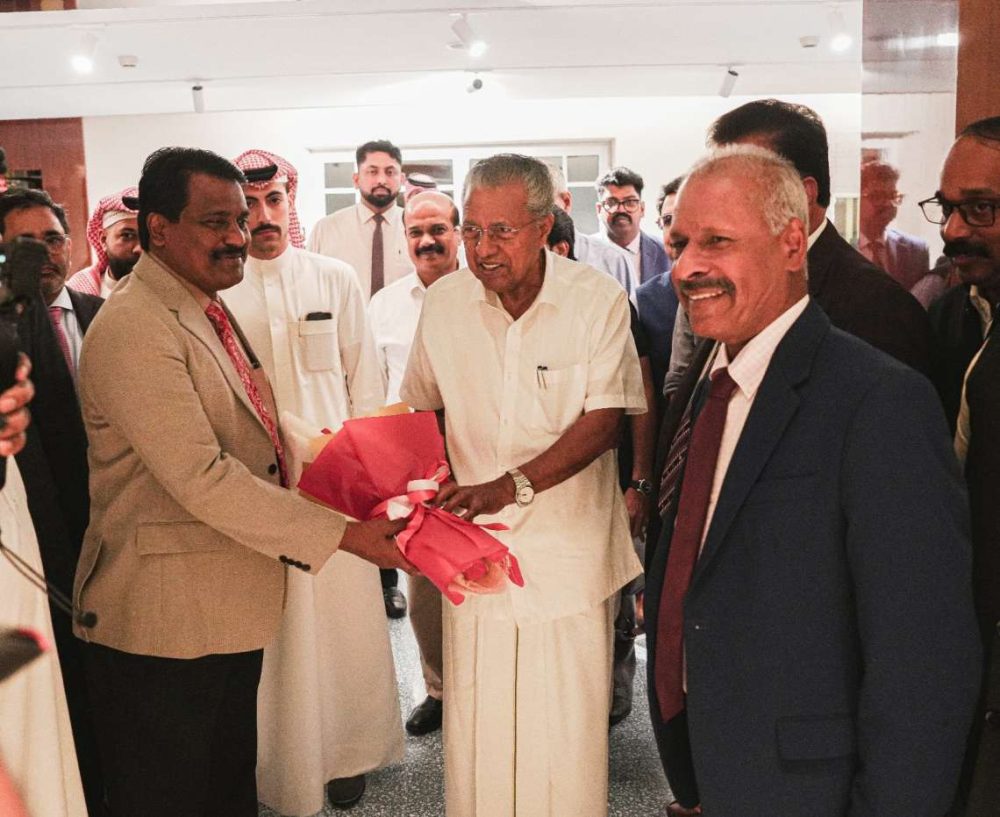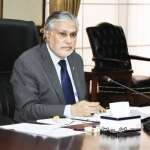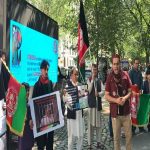The closure of border points and restrictions on the transportation of Iranian petroleum products and goods have led to widespread unrest and rendered thousands jobless….reports Asian Lite News
Pakistan’s heavy-handed restrictions on border trade with Iran have plunged the border towns of Balochistan’s Rakhshan and Makran divisions into turmoil, crippling the local economy and intensifying poverty in one of the country’s most neglected provinces, according to a report by Dawn.
The closure of border points and restrictions on the transportation of Iranian petroleum products and goods have led to widespread unrest and rendered thousands jobless. The Rakhshan and Makran Border Trade Alliance had called for a complete shutdown in towns such as Washuk, Panjgur, and Nokundi, leaving markets, banks, and businesses shuttered in protest.
For the residents of these regions, cross-border trade is a lifeline. As Dawn reported, the barren terrain of Balochistan offers limited opportunities for agriculture or industry, forcing thousands to rely entirely on the movement of goods across the Pakistan-Iran border. With the government halting trade for three days a week and imposing restrictions on oil transport, families have been pushed to the brink of destitution.
The situation in Nokundi is particularly dire, as the closure has disrupted the transport of essential goods, compounding financial losses for traders and residents. Panjgur’s trade leaders also decried the restrictions, warning that generations of livelihoods are at stake.
Former Senate chairman and Balochistan Assembly member Mohammad Sadiq Sanjrani, quoted by Dawn, criticised the government’s “short-sighted policies” and described the closures as an “economic death sentence” for the province. He urged the federal government to implement modern regulatory systems instead of blanket restrictions, warning that the continued economic marginalisation of the region could push disenfranchised youth toward anti-state elements.
The protesters demanded an immediate review of government policies, calling for the reopening of border trade routes to alleviate economic distress. According to Dawn, they emphasised that these closures have deepened poverty and despair in a region whose fragile economy cannot bear additional hardships.
This situation along the Pakistan-Iran border reflects the central government’s neglect of Balochistan, where poverty, unemployment, and unrest continue to grow.
The ongoing protests underscore the urgent need for Islamabad to prioritise the economic stability of Balochistan, rather than imposing policies that stifle the livelihoods of its people, as highlighted in Dawn’s report. (ANI)


